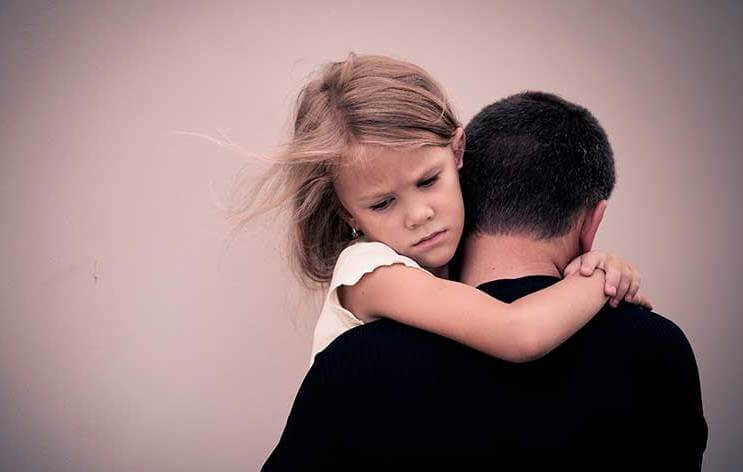We all know one of the most uncomfortable emotions that exist, but also one of the most common: frustration, which occurs when a desire, dream, goal or expectation cannot be achieved, at least at that time, no long as you try. This is the clearest way for the world to make us understand that, unfortunately, it is not always a fair place.
Many times, because we do not like to see our children sad, they are not frustrated at home, it is very common for us to let them win by playing with them, because we believe that having to deal with the emotion of small defeats and the frustrations that result from them will only make them feel a momentary sadness, in this way, we do everything we can to avoid them.
- However.
- The emotional reactions that are established in childhood are a big part of a person’s emotional future.
- That is.
- If today we are in charge of negative emotions.
- Tomorrow we will reduce the incidence of problems arising from this type of emotion.
Why is education so important for tolerance and frustration, because frustration is one of the most powerful emotions that affects building a child’s self-esteem, which makes him consider his value and shows him in what aspects he can improve. Tolerating frustration from an early age allows children to begin building the foundations of their resilience.
This means that the negative emotions children experience in the face of frustration are not going to dominate their life, that is, these situations in which a child lives can make them one day do things and have strategies that they will have learned at home if those emotions or situations occur.
Also, if your children don’t tolerate frustration as they grow up, activities where victory is unsafe and require effort become a threat rather than a challenge. As a result, they tend to fail in such activities and focus more on others. which, while they may be more dangerous, such as drug use, provide them with short-term reinforcements.
All of this means that it is not necessary to reinforce frustrating situations, but we must not prevent children from confronting and measureing their strength with them, we should simply allow frustrations to occur in family games, sports or any other activity and, when they arrive. Join them in this unpleasant emotional moment: recognize and validate emotion first and help generate alternative solutions later.
To teach a child to tolerate frustration, you can follow these steps
In short, frustration can be a positive emotion if you know how to handle it, because it has an important motivational value for those who do not get carried away by the negative emotions it produces, just as we all experience frustrations in our lives, whether to a greater or lesser extent, teaching this emotion to our children and their possibilities will help them succeed in the future and develop an emotionally healthier personality.

